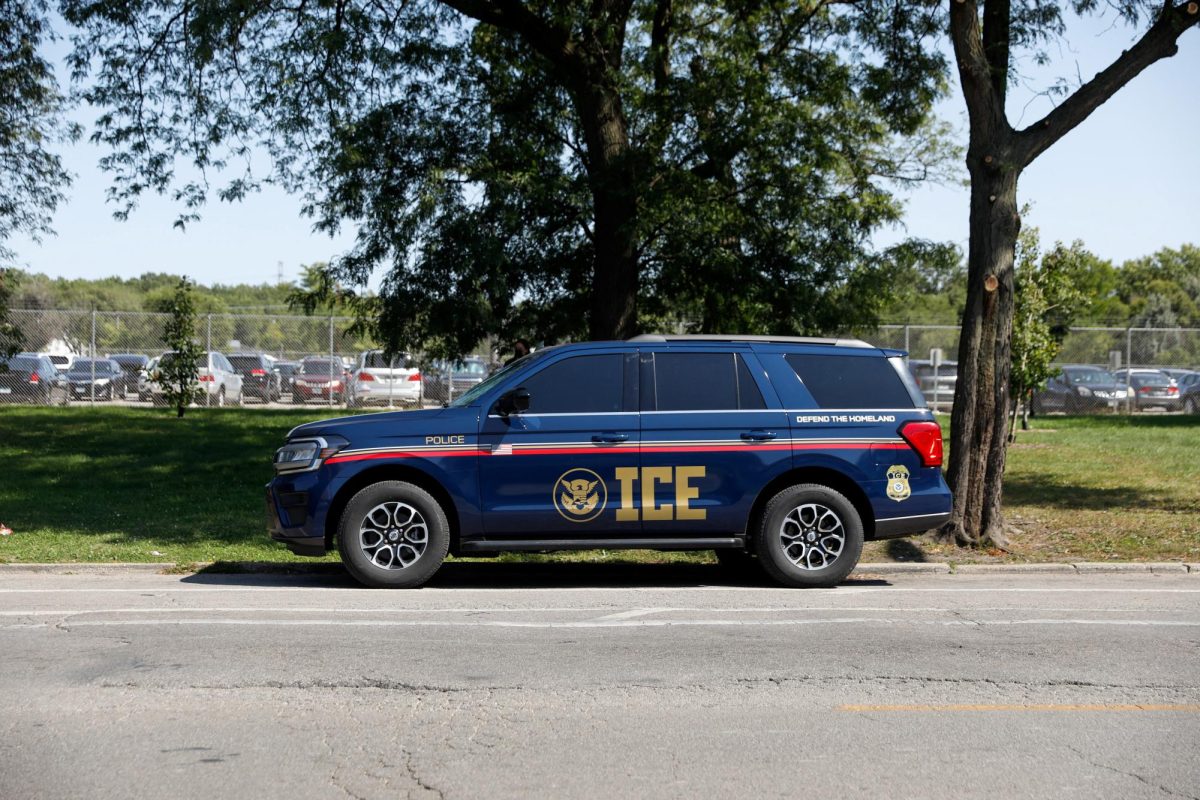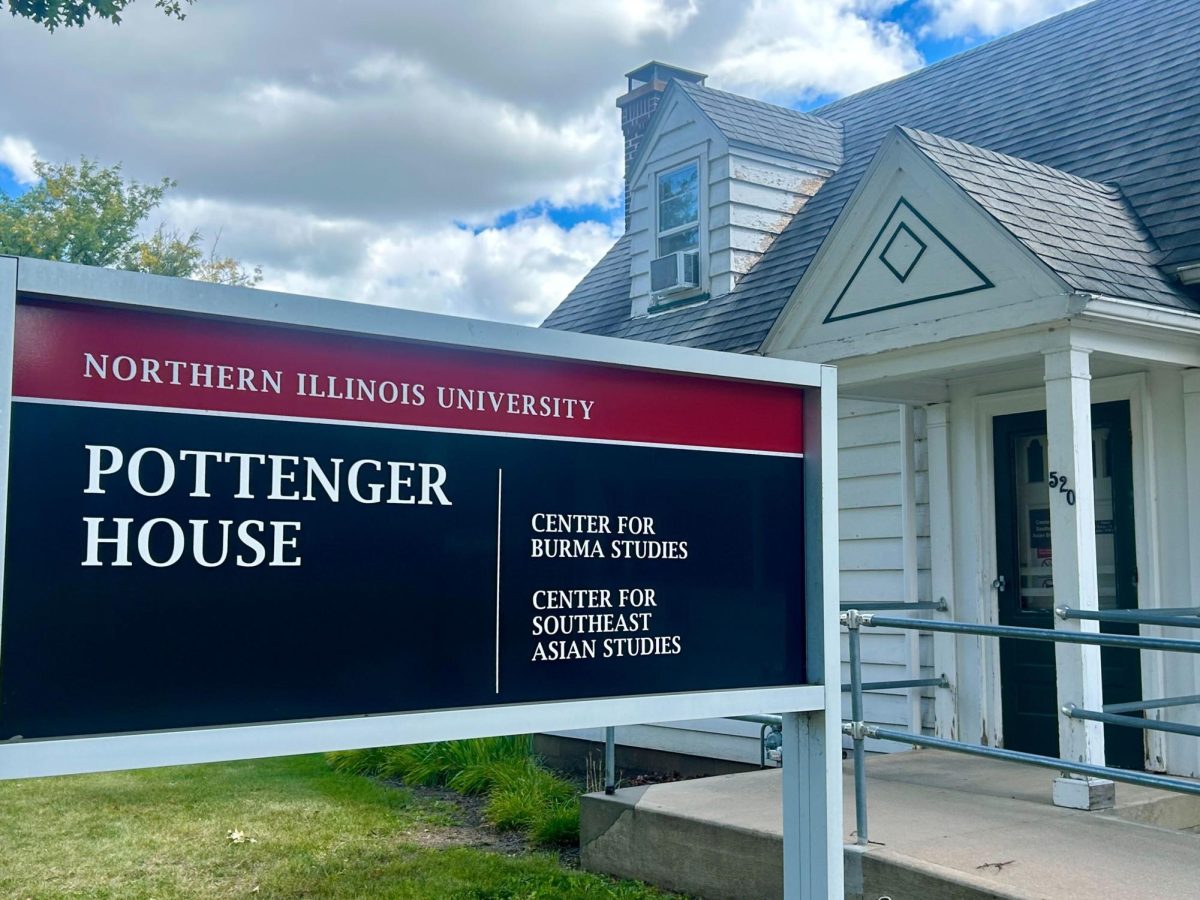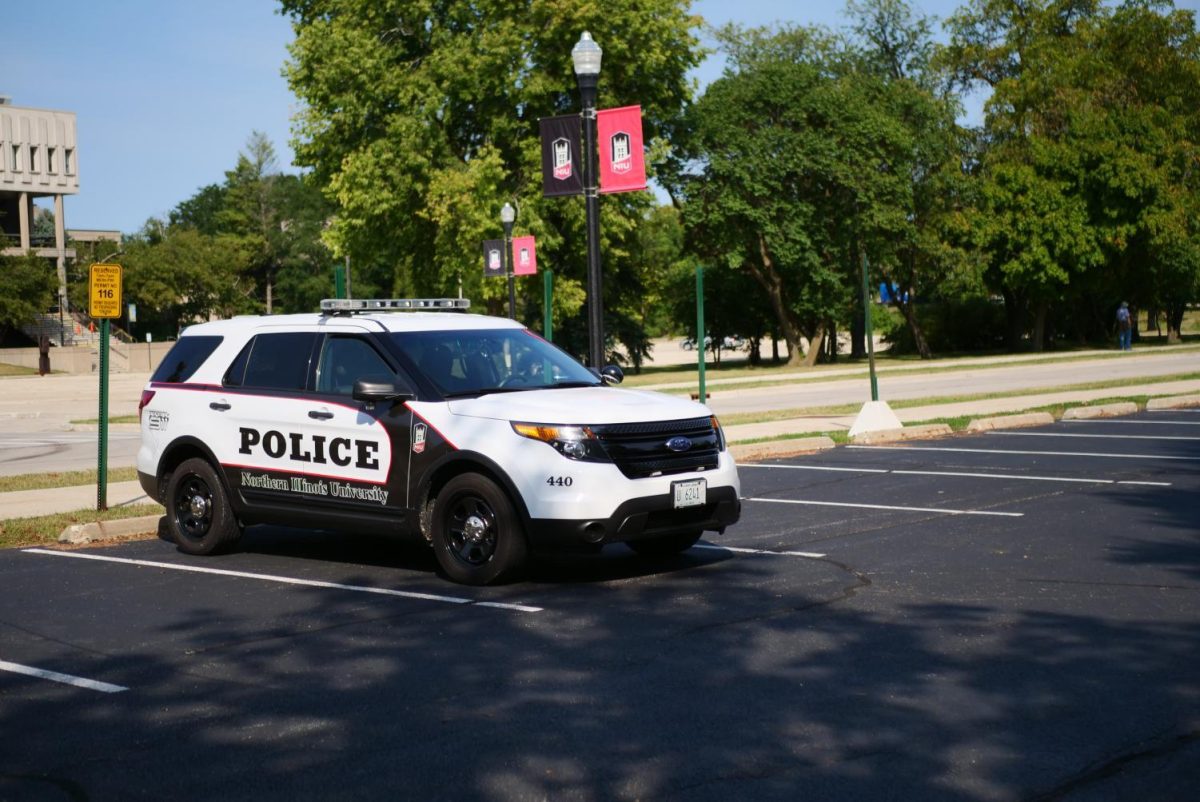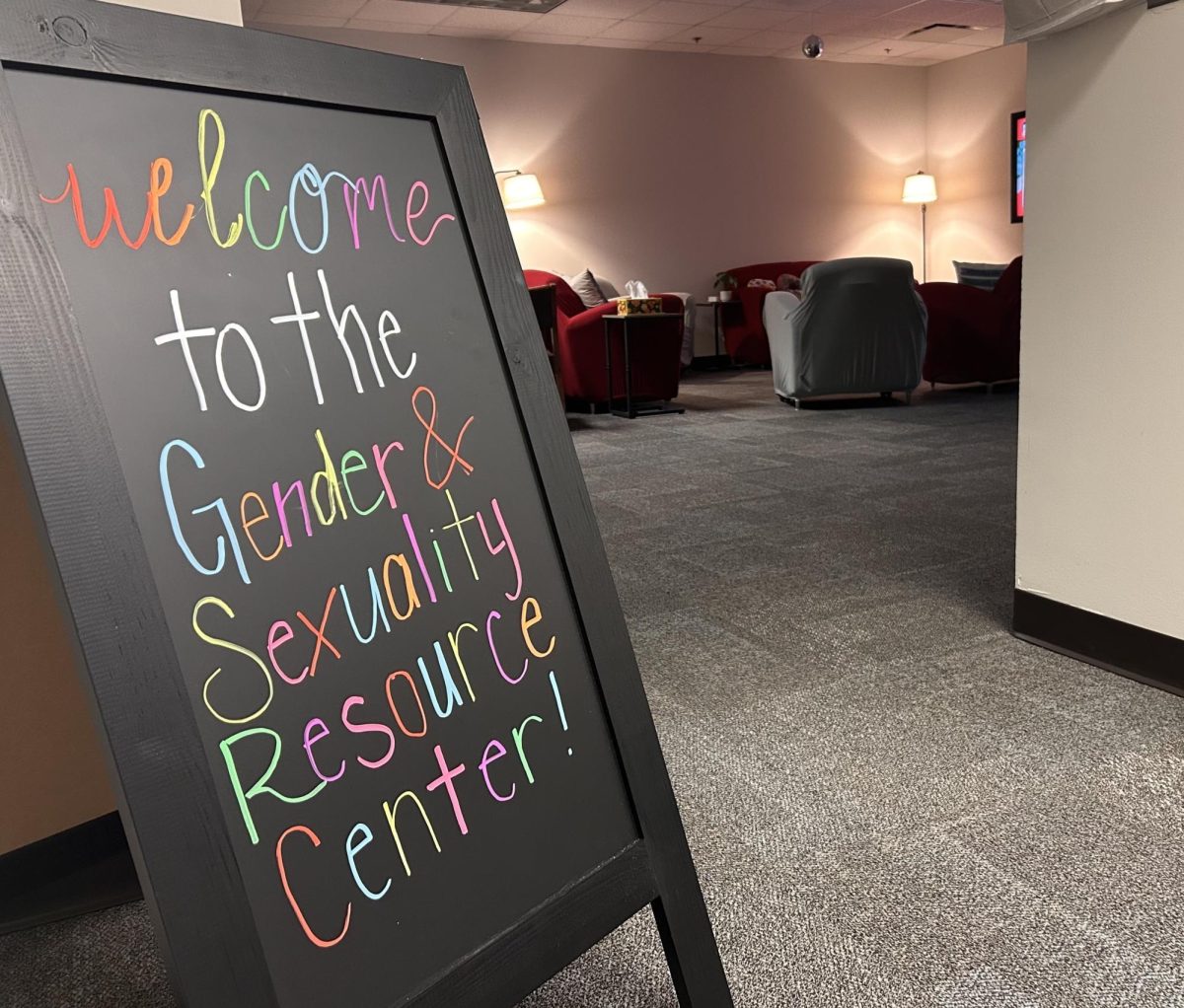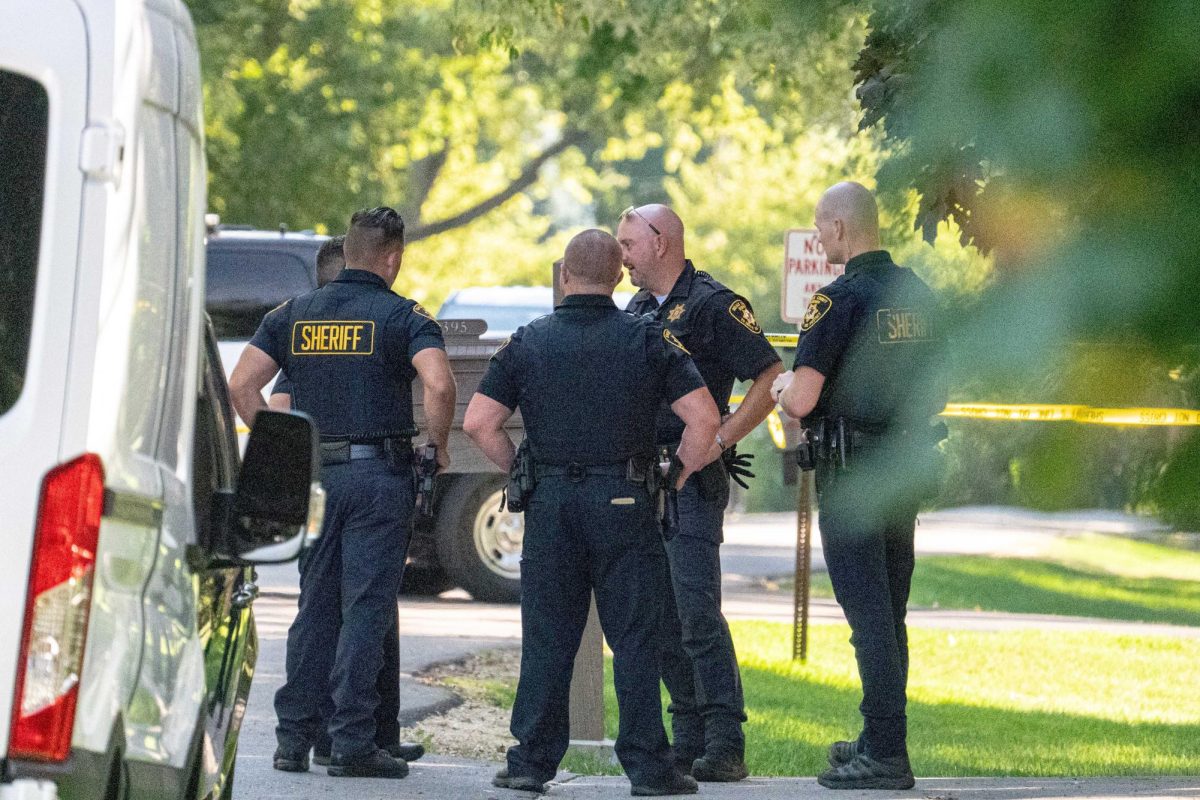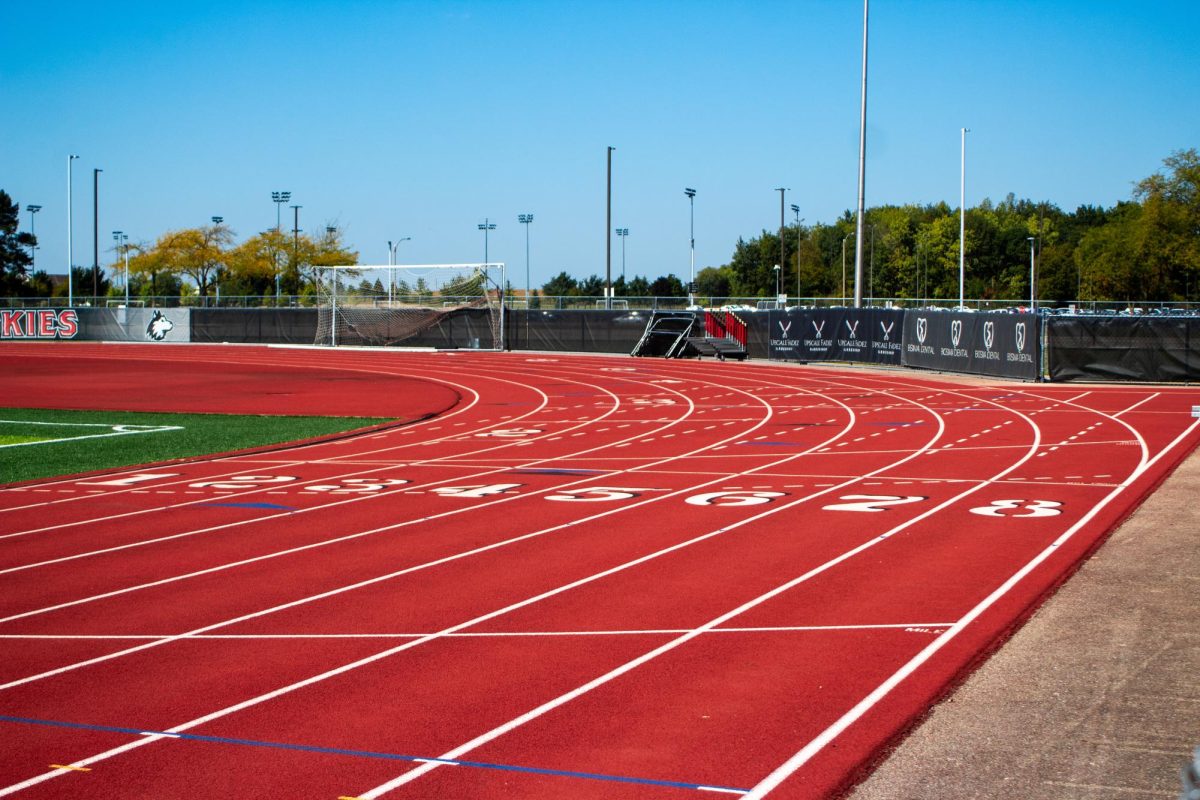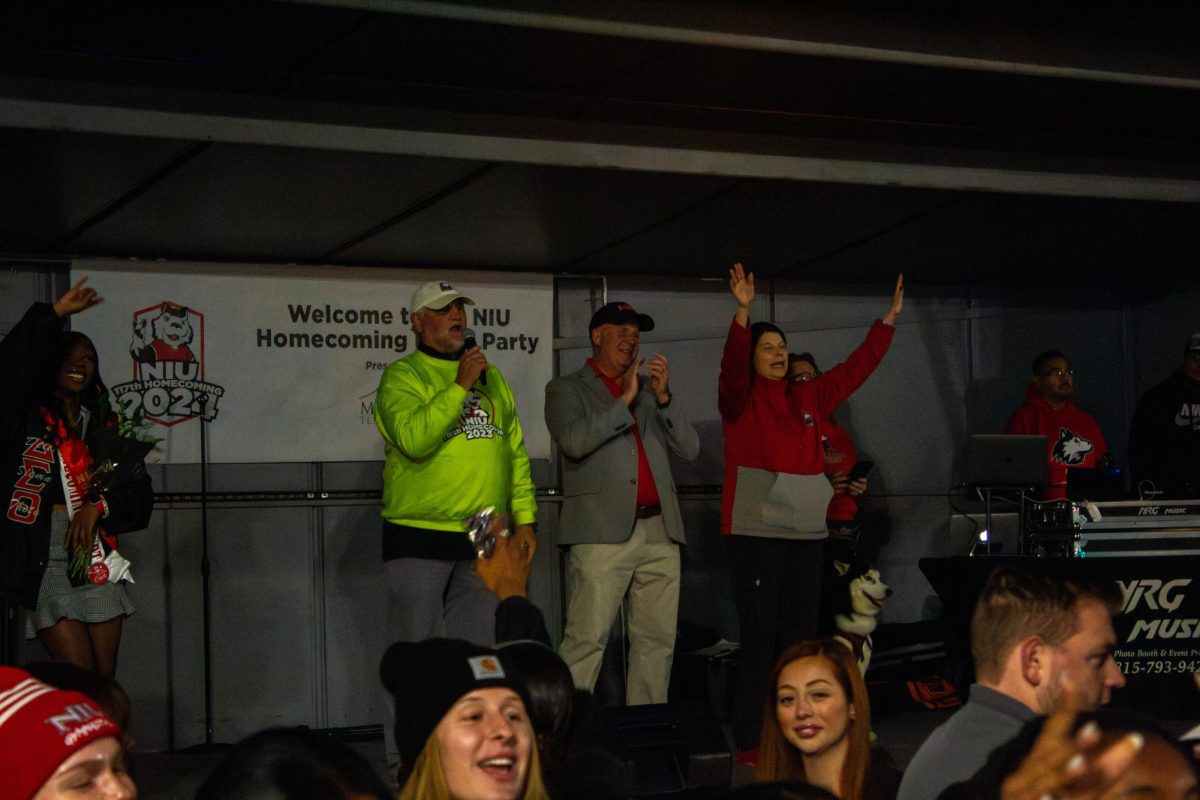DeKALB – The Supreme Court lifted a lower court ruling that limited the ability for immigration agents to use race as a factor for detaining individuals on Sept. 8.
Overturning this lower court ruling allows for ICE agents to conduct stops based on race, ethnicity and language in California. That same campaign has made its way to Chicago, as ICE agents are beginning to make stops based on how people look.
Downtown Chicago is beginning to see the effects of this overturned ruling, as federal troops from various agencies including U.S. border patrol are patrolling around the city making arrests.
Governor J.B. Pritzker made a statement Monday regarding ICE in Chicago.
“ICE is running around the loop harassing people for not being white,” Pritzker said.
This comes after a top U.S. border patrol official, Gregory Bovino, claimed they were arresting people based on “how they look.”
The situation in Chicago continues to escalate, as federal troops were spotted in the Chicago river. Most of the troops were seen wearing masks and holding guns as they walked around the city.
“They’re not targeting violent criminals or gang members. They’re arresting tamale vendors and delivery men and shaking down families,” Pritzker said. “You cannot call this anything except an attack on the Constitution of the United States.”
Greg Elinson, an associate law professor at NIU, said the topic is multi-faceted.
“There are sort of two fights happening, right? There’s a fight about whether ICE agents can take into account when they’re stopping people, and there’s a fight about how we should handle this issue,” Elinson said.
The overturning of the ruling, which means even citizens can be stopped based on race, contradicts the 14th amendment of the constitution which prevents racial discrimination, and provides equal protection.
“The reason these are hard is because the court, when it’s lifting a stay like this, doesn’t say much about its reasoning,” said Elinson. “Justice Sotomayor here dissented with Justice Kagan and Justice Jackson, saying, ‘We think the district court got it right’, but we don’t totally know what the full Supreme Court would decide about this issue.”
Anti-ICE protests persist throughout the city, with demonstrators shutting down a major street during rush hour Tuesday.
Tensions could escalate following the Trump administration’s request with the Department of Homeland Security to send 100 National Guard troops to Chicago Monday.
The Supreme Court’s decision leaves concerns toward the balance between immigration and constitutional protections. There are currently no reports of National Guard troops being deployed in Chicago.


